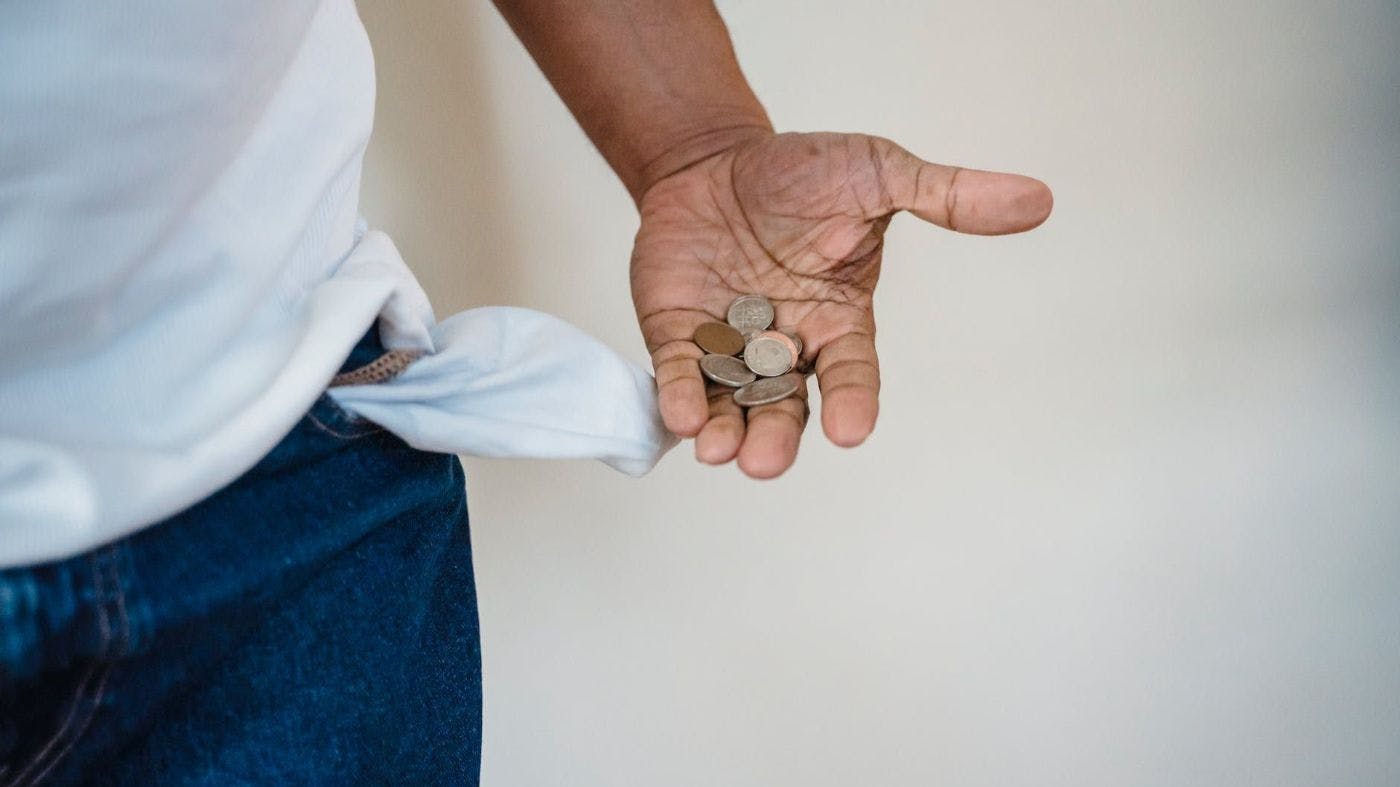398 reads
If You File for Bankruptcy, What Happens to Your Cryptocurrency?
by
February 6th, 2023
Audio Presented by
Florida Bankruptcy Lawyer, focusing on personal bankruptcy work, specializing in chapter 13 and chapter 7 cases.
About Author
Florida Bankruptcy Lawyer, focusing on personal bankruptcy work, specializing in chapter 13 and chapter 7 cases.
